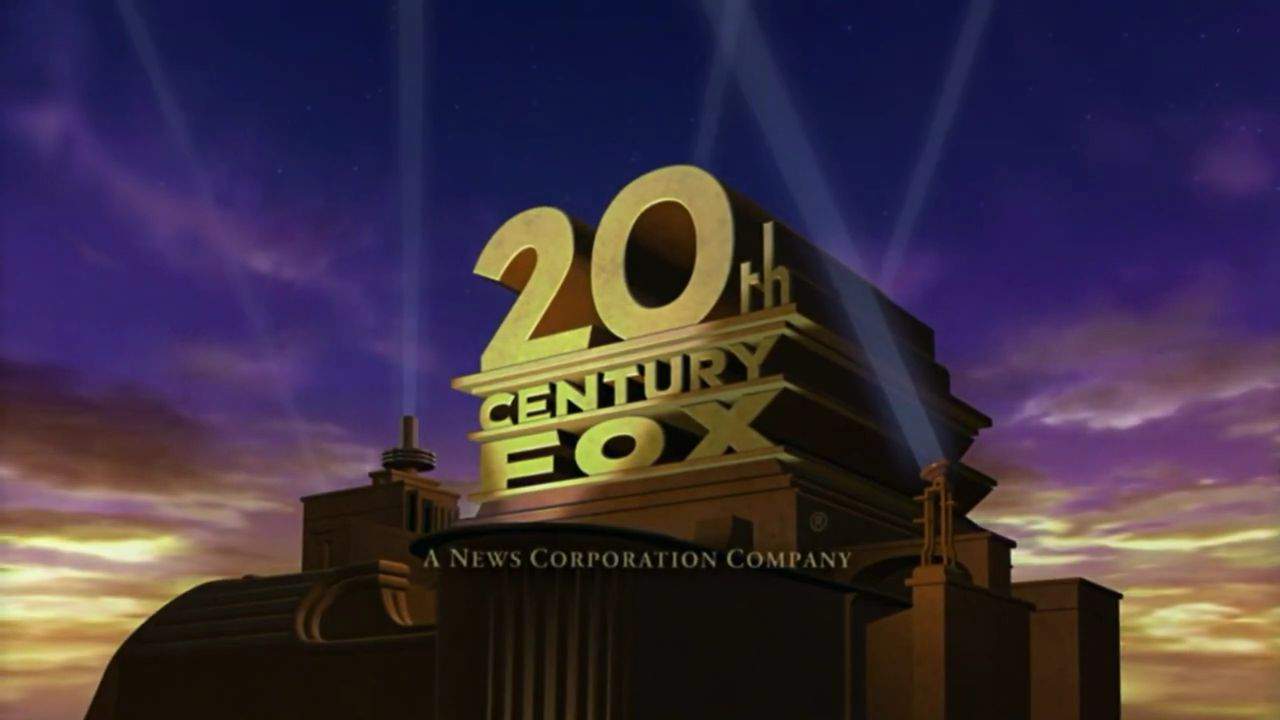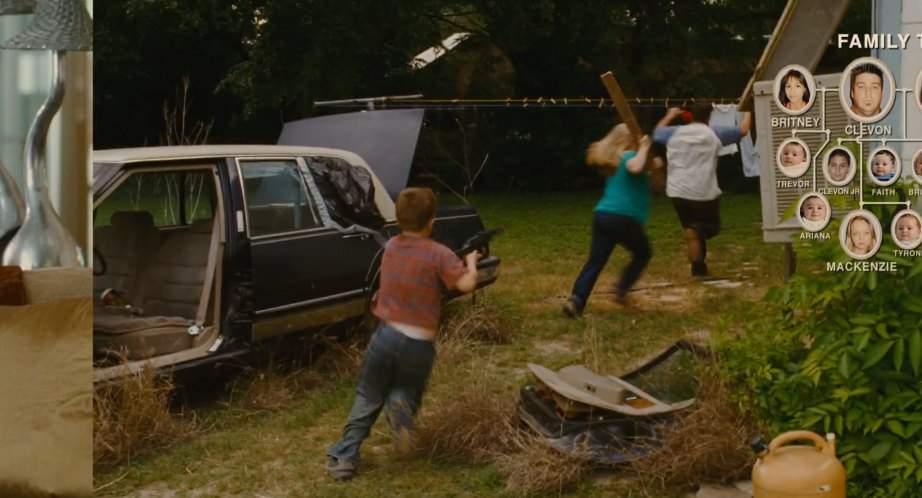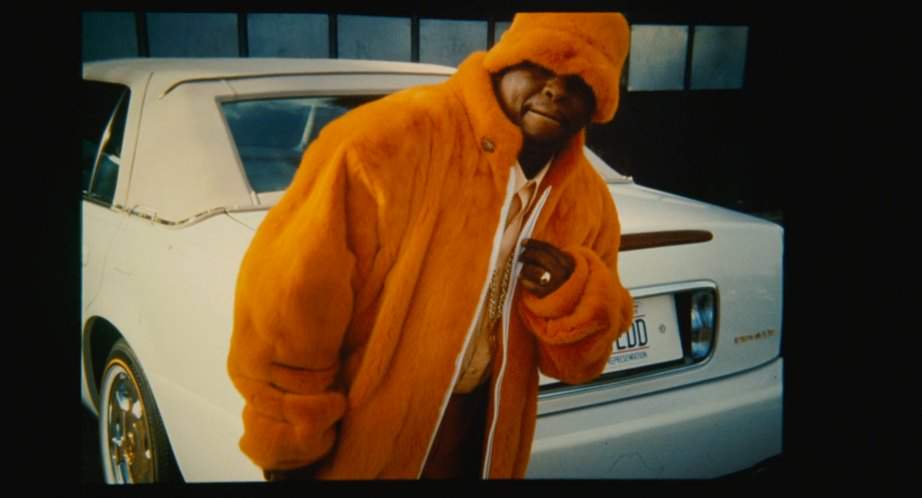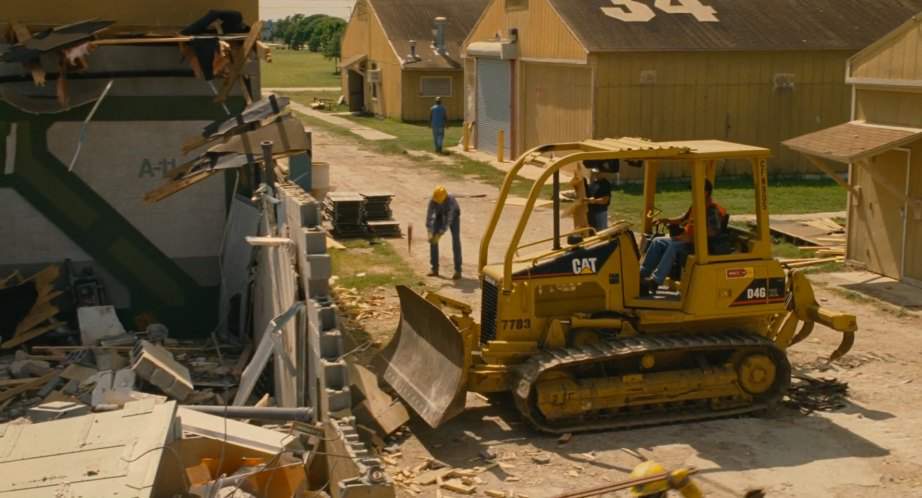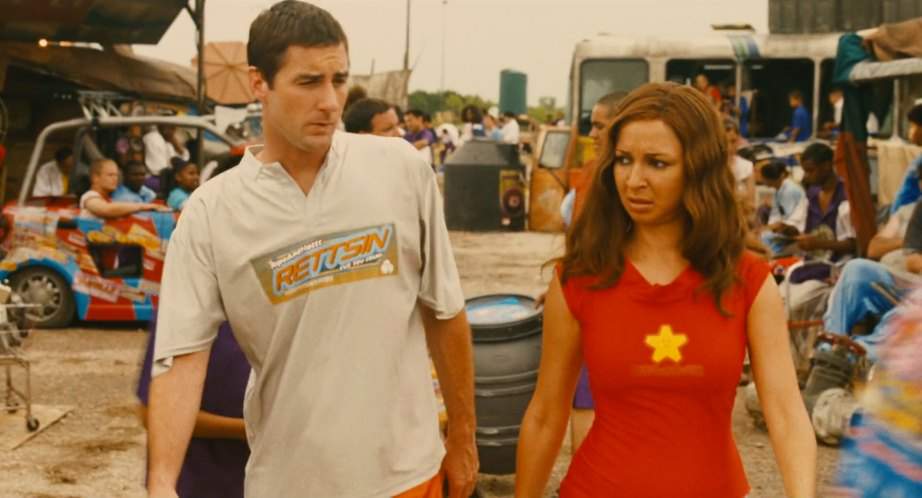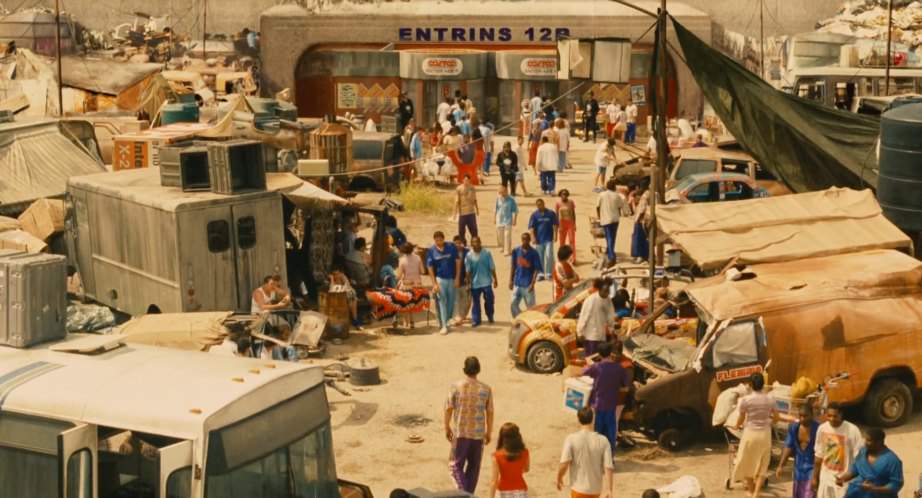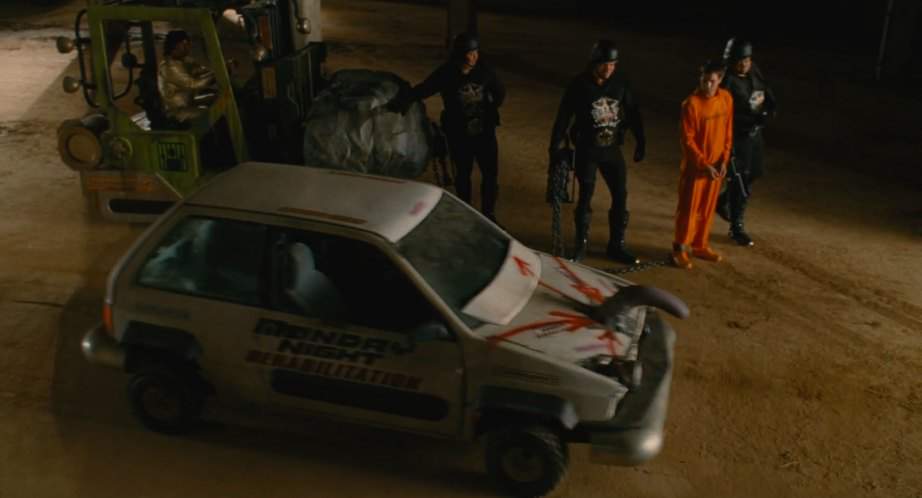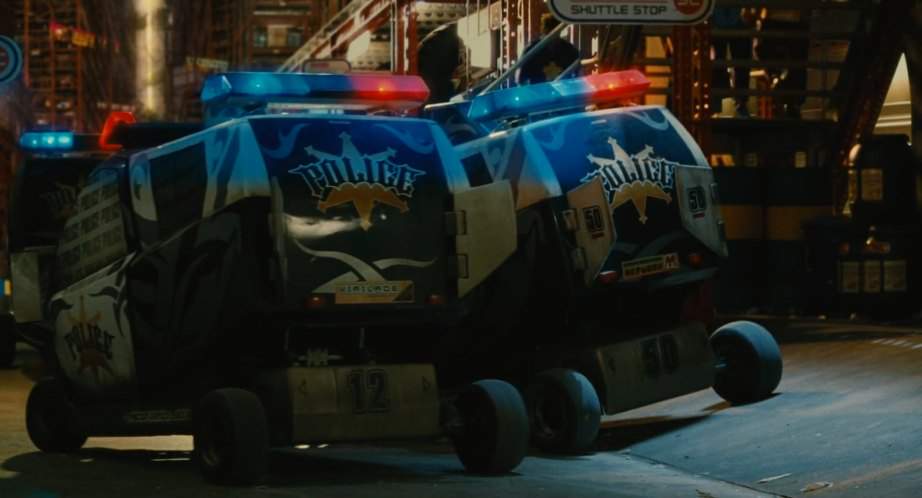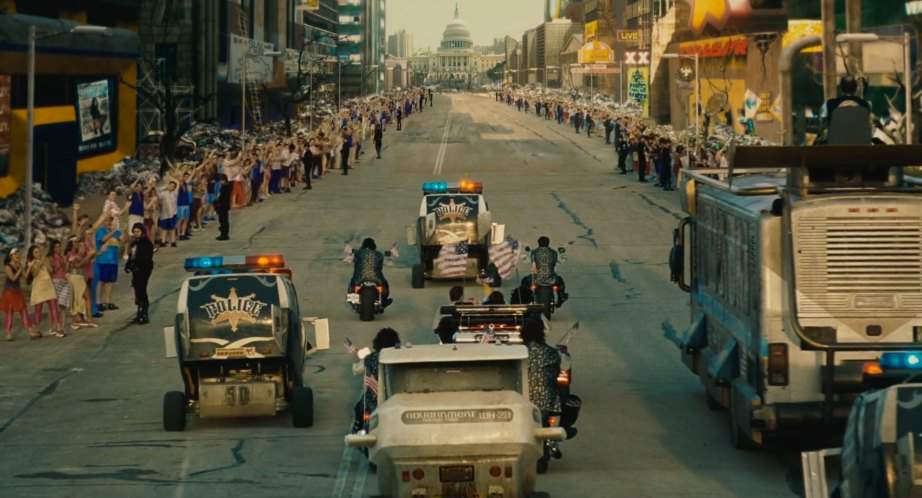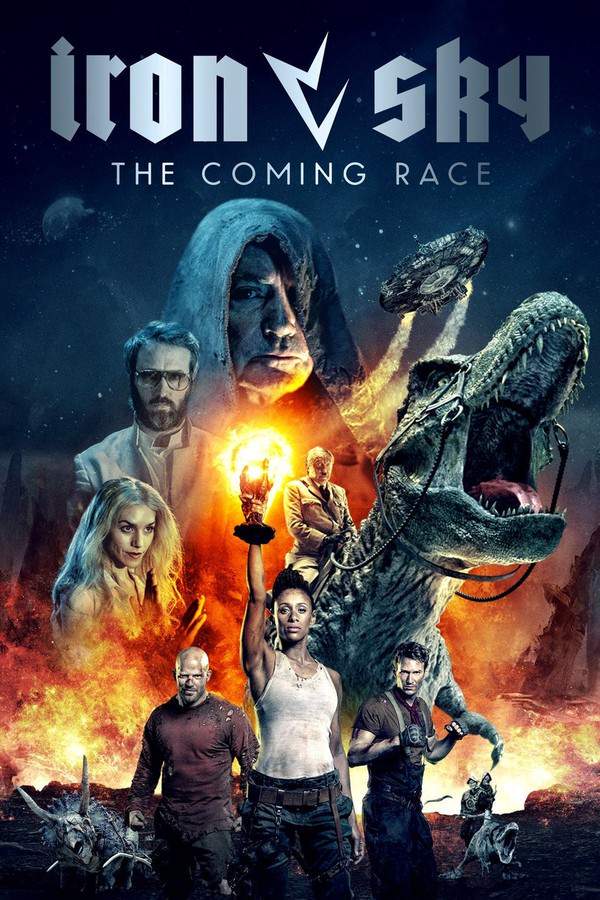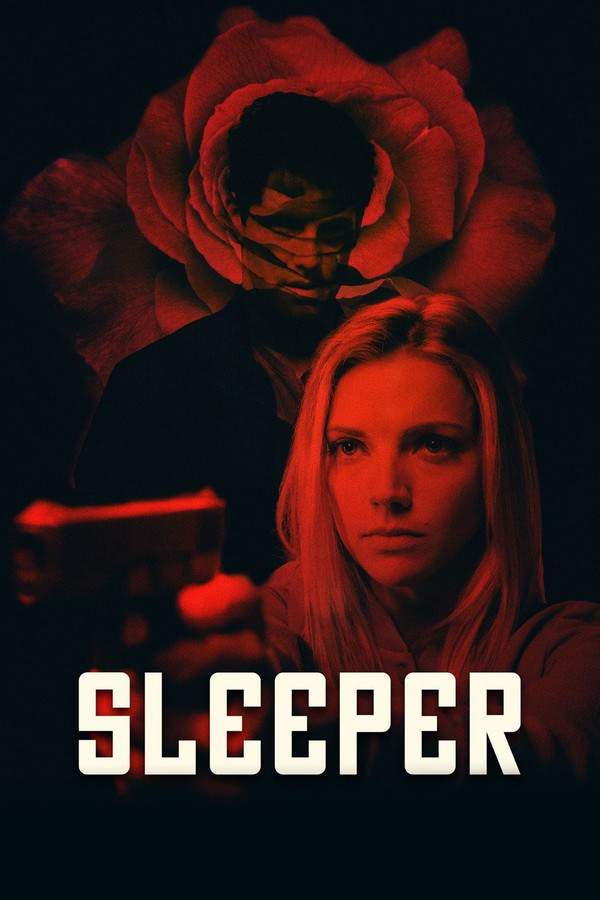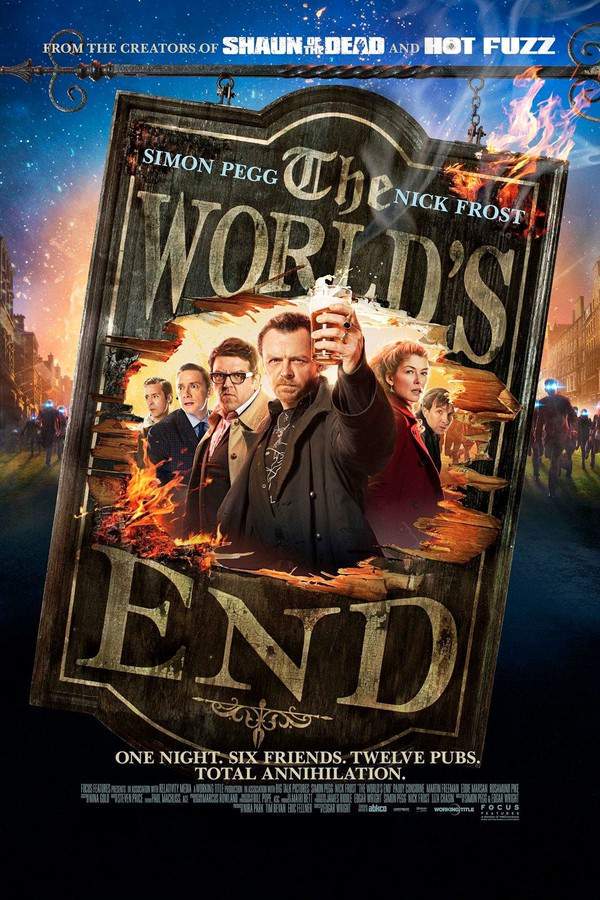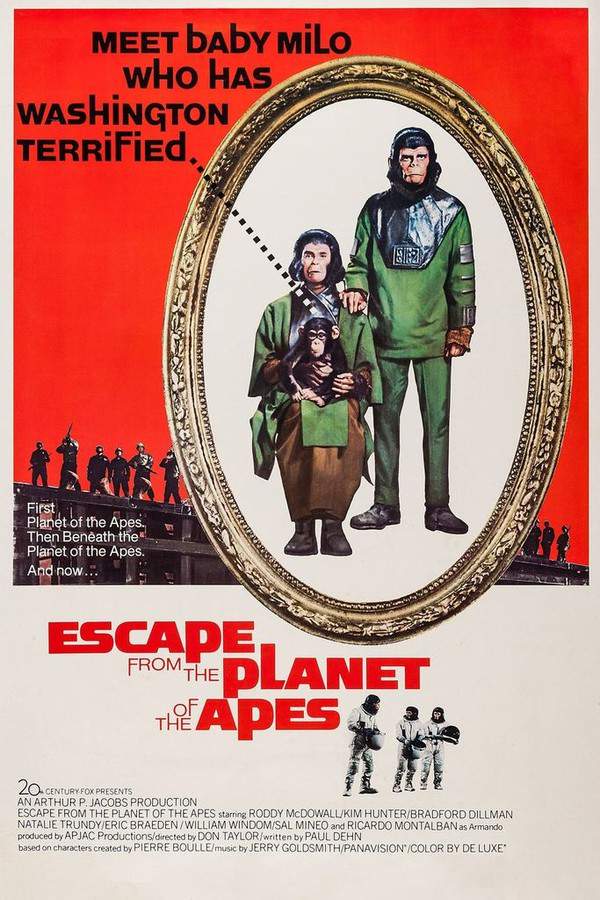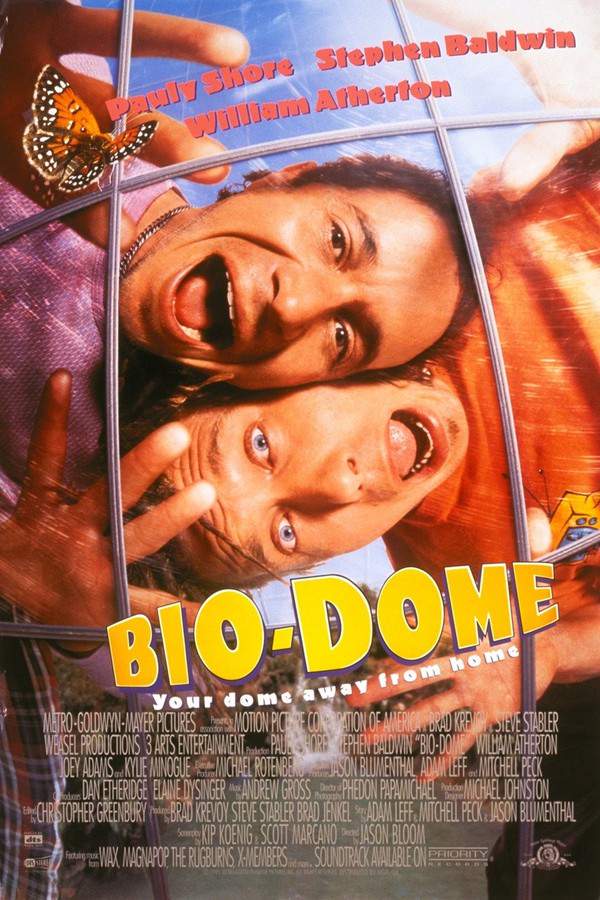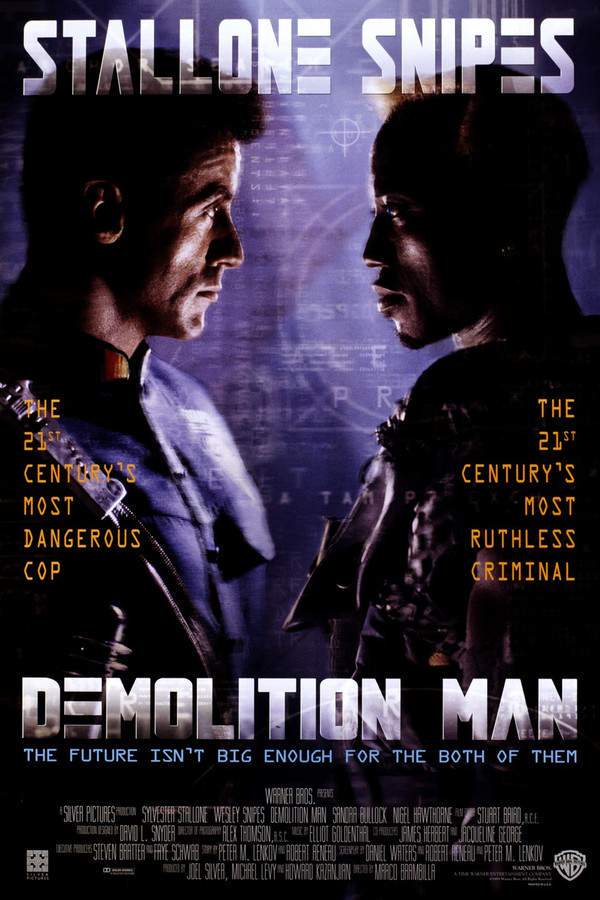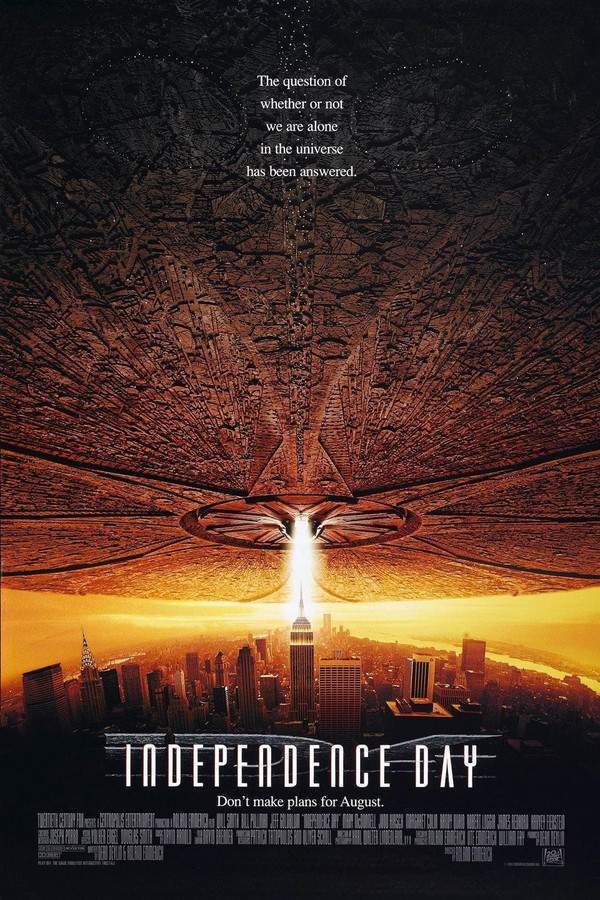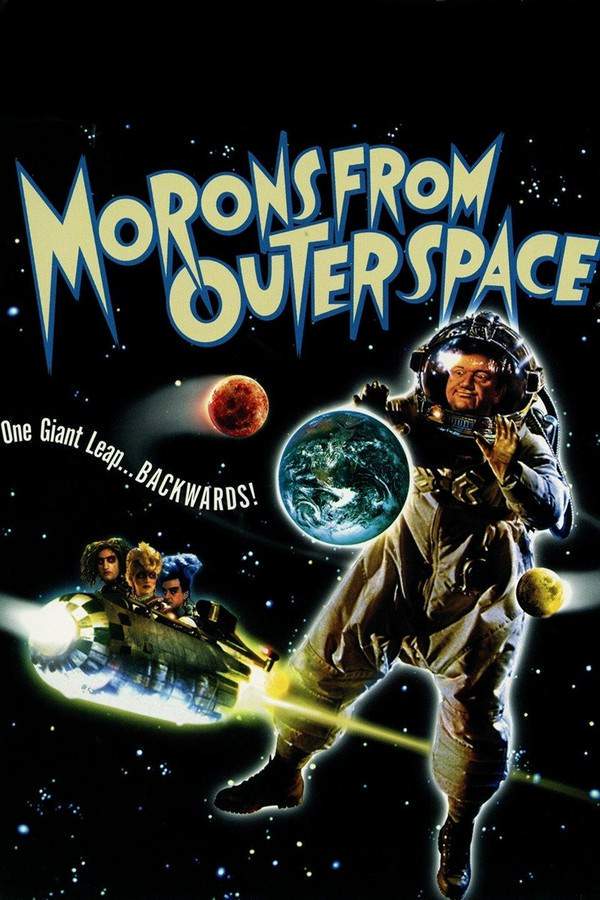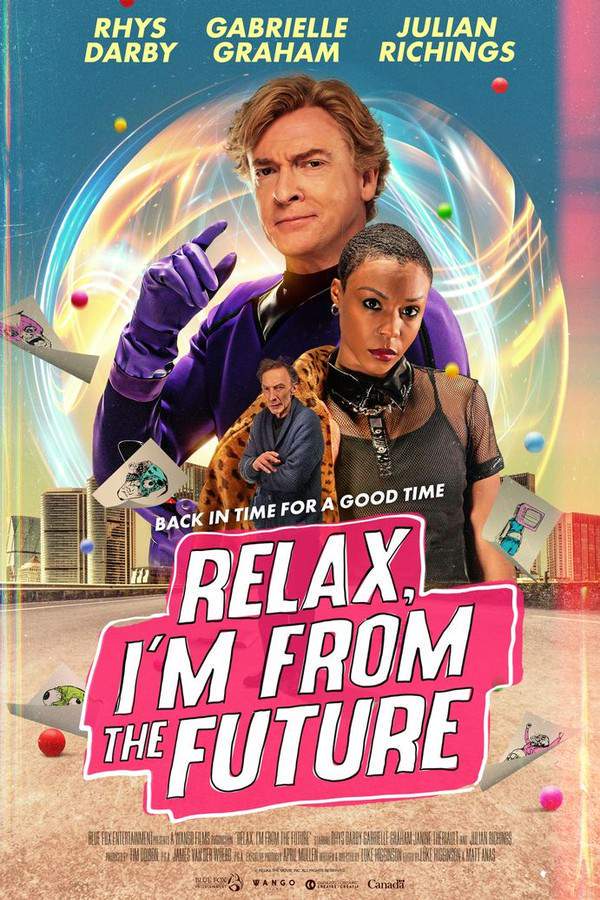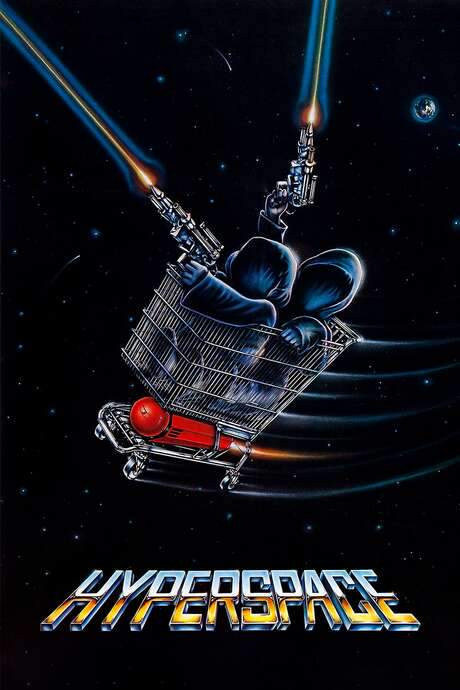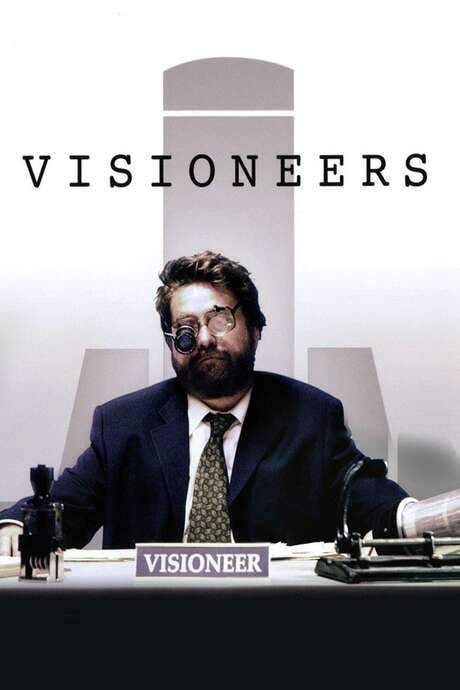Idiocracy 2006
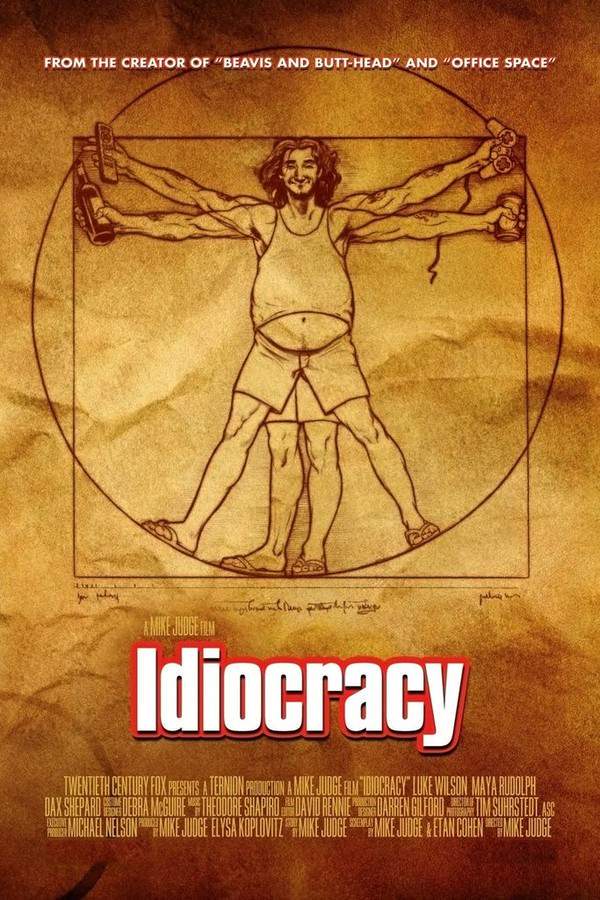
Awakening after a century-long cryosleep, private Joe Bowers finds himself in a shockingly altered future. Humanity has drastically declined intellectually, leading to a bizarre and chaotic society where ignorance is celebrated. As seemingly the most intelligent person alive, Joe must navigate this dystopian world, trying to understand how things deteriorated so severely and grappling with his unexpected role in a future he barely recognizes.
Does Idiocracy have end credit scenes?
Yes!
Idiocracy does have end credit scenes. Stay until the very end!
Meet the Full Cast and Actors of Idiocracy
Explore the complete cast of Idiocracy, including both lead and supporting actors. Learn who plays each character, discover their past roles and achievements, and find out what makes this ensemble cast stand out in the world of film and television.
External Links and Streaming Options
Discover where to watch Idiocracy online, including streaming platforms, rental options, and official sources. Compare reviews, ratings, and in-depth movie information across sites like IMDb, TMDb, Wikipedia or Rotten Tomatoes.
Ratings and Reviews for Idiocracy
See how Idiocracy is rated across major platforms like IMDb, Metacritic, and TMDb. Compare audience scores and critic reviews to understand where Idiocracy stands among top-rated movies in its genre.

66
Metascore
7.3
User Score


71%
TOMATOMETER

61%
User Score

63
%
User Score
Take the Ultimate Idiocracy Movie Quiz
Challenge your knowledge of Idiocracy with this fun and interactive movie quiz. Test yourself on key plot points, iconic characters, hidden details, and memorable moments to see how well you really know the film.
Idiocracy Quiz: Test your knowledge on the satirical film 'Idiocracy' and its dystopian themes.
What was Joe Bauers' profession before entering hibernation?
Army librarian
History teacher
Scientist
Construction worker
Show hint
Full Plot Summary and Ending Explained for Idiocracy
Read the complete plot summary of Idiocracy, including all major events, twists, and the full ending explained in detail. Explore key characters, themes, hidden meanings, and everything you need to understand the story from beginning to end.
In 2005, Army librarian Joe Bauers, played by Maya Rudolph, was chosen for a government experiment in suspended animation due to being classified as the most average individual in the military. The army needed a female counterpart for the experiment and decided to recruit Rita, who was freed from her situation with the help of financial incentives paid to her pimp, Upgrayedd. Unfortunately, a scandal involving the supervising officer and Upgrayedd led to the shutdown of the military base where Joe and Rita were hibernating, resulting in the indefinite halting of the experiment.
Over the course of the next five hundred years, the average intelligence of society declined dramatically as educated individuals opted not to have children while those with lesser education levels reproduced without constraint. Genetic engineering lost its priority, falling behind trivial matters like treatments for hair loss and erectile dysfunction, which led to a deterioration of infrastructure. Culture devolved into a realm of lowbrow humor and rampant consumerism.
Fast forward five centuries, when a garbage avalanche disturbs Joe’s hibernation chamber, awakening him in Frito Pendejo’s apartment, portrayed by Luke Wilson, in a now derelict Washington, D.C. Confused and seeking help, Joe quickly realizes that his articulate demeanor was at odds with the surrounding anti-intellectual society. When he visits a hospital, believing he’s enduring some sort of hallucination, he studies a magazine and his hospital bill, only to learn the true year. Soon after, he finds himself arrested at a fast-food chain, Carl’s Jr., for not having a barcode tattoo, marking him as an outsider. Frito, guaranteeing a defense for Joe in court, wrongly claims that Joe wrecked his apartment. The judge, perceiving Joe’s refined voice and mannerisms, finds him guilty and imprisons him. Meanwhile, Rita returns to her profession.
In the correctional facility, a mix-up with the identification machine leads to Joe being listed as “Not Sure”, and he ends up taking a simplified aptitude test. Playing a stroke of luck, Joe inadvertently informs a guard about his imaginary sentence completion, enabling his escape from prison. He approaches Frito once more, who promises to assist Joe in finding a time machine, purportedly hidden within a vast Costco store. However, during their adventurous escapade, Joe gets nabbed upon scanning his barcode.
Brought to the White House, he meets President Dwayne Elizondo Mountain Dew Herbert Camacho, portrayed by an unnamed actor, who recognizes Joe’s unusual aptitude test results and appoints him as secretary of the interior. Camacho boldly announces that Joe will resolve agricultural issues, including a stagnant economy, within a week or face incarceration. During a trip with Rita into a barren farmland, Frito presents Joe with a mysterious map that he suggests leads to the time machine, unaware that this simple jaunt will unravel an array of chaotic events that threaten their already crumbled society.
As they discover that crops are being irrigated with Brawndo—a sports drink wielding inexplicable influence over governmental functions—they uncover a malicious scheme aimed at ruining the soil and generating catastrophic dust storms. In their battle against advisors using convoluted arguments to undermine Joe’s vision, he eventually convinces Camacho to switch irrigation from Brawndo to water, leading to unforeseen reverberations: Brawndo’s bankruptcy sparks widespread riots when immediate crop improvements fail to occur.
Tension escalates at the Extreme Court, where Joe faces a public execution via a monster truck demolition derby against the daunting Beef Supreme. However, Rita and Frito clutch onto critical evidence that Joe’s proposal for water irrigation has produced significant crop revival. Seizing the moment, Rita announces this revelation on the Jumbotron, prompting President Camacho to pardon Joe.
In reflecting on his remarkable journey, Joe discovers that Frito had always been aware that the supposedly time-traveling machine was simply an amusement ride. Following these wild events, Joe ascends to the presidency, marries Rita, and together they nurture three exceptionally bright children, all while Frito—now vice president—raises a staggering 32 “not-so-bright” kids, ironically illustrating the complexities of education and societal influence. Joe and Rita’s children are hailed as the “three smartest kids in the world”, standing in stark contrast to their counterparts, a testament to the essentiality of water and the insidious grip of Brawndo.
Uncover the Details: Timeline, Characters, Themes, and Beyond!

Coming soon on iOS and Android
The Plot Explained Mobile App
From blockbusters to hidden gems — dive into movie stories anytime, anywhere. Save your favorites, discover plots faster, and never miss a twist again.
Sign up to be the first to know when we launch. Your email stays private — always.
Watch Trailers, Clips & Behind-the-Scenes for Idiocracy
Watch official trailers, exclusive clips, cast interviews, and behind-the-scenes footage from Idiocracy. Dive deeper into the making of the film, its standout moments, and key production insights.
Cars Featured in Idiocracy
Explore all cars featured in Idiocracy, including their makes, models, scenes they appear in, and their significance to the plot. A must-read for car enthusiasts and movie buffs alike.
Idiocracy Themes and Keywords
Discover the central themes, ideas, and keywords that define the movie’s story, tone, and message. Analyze the film’s deeper meanings, genre influences, and recurring concepts.
Idiocracy Other Names and Titles
Explore the various alternative titles, translations, and other names used for Idiocracy across different regions and languages. Understand how the film is marketed and recognized worldwide.
Articles, Reviews & Explainers About Idiocracy
Stay updated on Idiocracy with in-depth articles, critical reviews, and ending explainers. Explore hidden meanings, major themes, and expert insights into the film’s story and impact.
Similar Movies To Idiocracy You Should Know About
Browse a curated list of movies similar in genre, tone, characters, or story structure. Discover new titles like the one you're watching, perfect for fans of related plots, vibes, or cinematic styles.
Quick Links: Summary, Cast, Ratings, More

What's After the Movie?
Not sure whether to stay after the credits? Find out!
Explore Our Movie Platform
New Movie Releases (2025)
Famous Movie Actors
Top Film Production Studios
Movie Plot Summaries & Endings
Major Movie Awards & Winners
Best Concert Films & Music Documentaries
Movie Collections and Curated Lists
© 2025 What's After the Movie. All rights reserved.


